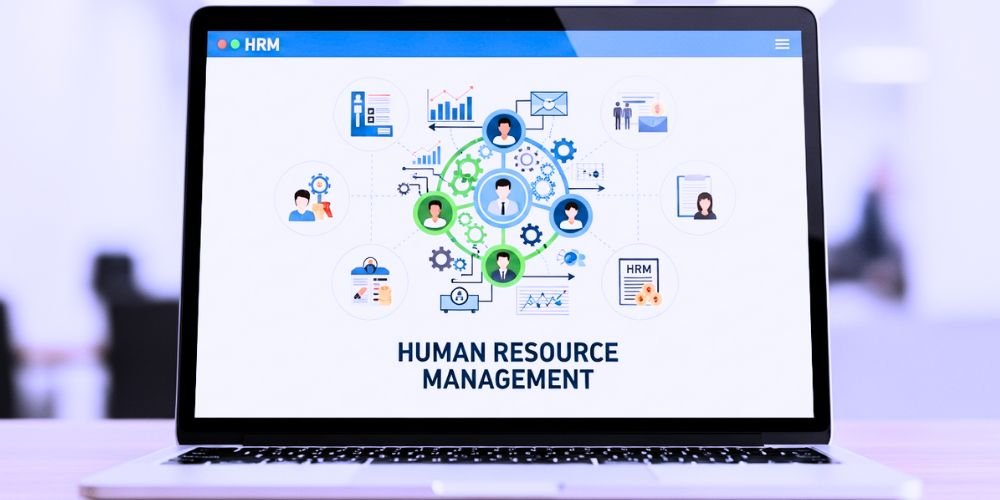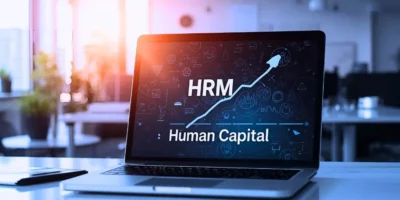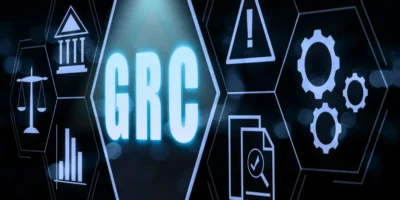Human Resource Management (HRM) is a vital and dynamic function that focuses on effectively managing an organization’s most valuable asset: its people. HRM encompasses various activities, from talent acquisition and recruitment to employee development, performance management, and fostering positive employee relations. This article delves into the significance of HRM, its key functions, and essential role in fostering a productive and harmonious work environment.
The Significance of HRM
HRM is significant as it is pivotal in creating and maintaining a skilled, motivated, and engaged workforce. The following vital aspects highlight the importance of HRM:
Talent Acquisition and Recruitment
One of HRM’s primary responsibilities is to attract and hire the right talent to fill vacancies within the organization. HR professionals craft effective recruitment strategies to identify individuals with the necessary skills, knowledge, and cultural fit to contribute to the organization’s success. Through well-designed recruitment processes, the organization welcomes talented individuals who align with its values and objectives.
Employee Development and Training
HRM is instrumental in fostering employee growth and development. By designing and implementing training programs, workshops, and continuous learning initiatives, HR professionals help employees acquire new skills, enhance their existing capabilities, and stay relevant in a rapidly evolving business landscape. Investing in employee development improves individual performance and boosts overall organizational effectiveness.
Performance Management
Effective performance management is a crucial function of HRM. HR professionals establish performance management systems that assess employee performance, provide constructive feedback, and identify areas for improvement. Setting clear goals and expectations contributes to the workforce’s productivity and effectiveness, ensuring that employees are aligned with the organization’s objectives.
Employee Relations and Engagement
It plays a vital role in maintaining positive employee relations and fostering a culture of engagement within the organization. HR professionals mediate conflicts, promote open communication, and implement initiatives to boost employee morale and satisfaction. A positive work environment and strong employee engagement lead to increased productivity, reduced turnover, and enhanced organizational loyalty.
Compliance and Legal Responsibilities
HRM ensures that the organization adheres to labor laws, regulations, and employment standards. HR professionals stay updated on changes in employment legislation, ensuring that the organization remains compliant and avoids legal repercussions. Upholding ethical and legal standards protects the organization and fosters trust among employees.
Critical Functions of HRM
Managing human resources is a critical function of any organization. HR management involves various tasks, from recruitment and training to employee relations and benefits administration.
Recruitment and Selection
The recruitment process involves HR professionals identifying job vacancies, developing job descriptions, and advertising openings through various channels. They then screen and interview candidates to hire the most suitable individuals for the organization. A thorough and systematic selection process ensures that the organization brings in talented individuals who can contribute effectively to its success.
Training and Development
HRM designs and implements training programs that align with the organization’s goals and employees’ needs. These programs focus on skill enhancement, knowledge development, and personal growth, enabling employees to perform at their best and contribute to the organization’s success. Investing in employee development also enhances retention rates and strengthens the organization’s talent pool.
Performance Appraisal
It establishes performance appraisal systems to assess employee performance against set objectives. This process provides valuable feedback to employees, identifies areas of improvement, and recognizes exceptional contributions. Regular performance evaluations help employees understand their strengths and weaknesses, fostering a culture of continuous improvement.
Compensation and Benefits
HRM is responsible for designing and administering compensation and benefits packages that attract and retain talented employees. It involves conducting salary surveys, benchmarking against industry standards, and ensuring equitable compensation practices. A competitive and fair compensation system is crucial for employee satisfaction and retention.
Employee Relations and Engagement
HRM fosters a positive work environment by promoting employee engagement initiatives, conducting employee satisfaction surveys, and addressing concerns and grievances promptly and respectfully. Effective employee relations contribute to a harmonious workplace and a strong sense of belonging among employees.
Employee Health and Safety
HRM is responsible for ensuring a safe and healthy workplace environment. HR professionals develop and implement health and safety policies, conduct risk assessments, and support employee well-being. Prioritizing employee health and safety promotes their well-being, enhances productivity, and reduces absenteeism.
The Role of HRM in Organizational Success
The role of HR management is crucial in ensuring organizational success. By providing support and resources to employees, HR professionals can help attract and retain top talent, increasing productivity and profitability for the organization.
Strategic Alignment
HRM aligns its practices and strategies with the overall goals and objectives of the organization. By understanding the organization’s vision and long-term plans, HR professionals develop strategies contributing to sustained success. It becomes a strategic partner in guiding the organization toward its mission.
Talent Management
It focuses on attracting, developing, and retaining top talent. A skilled and engaged workforce drives innovation, productivity, and competitiveness, giving the organization a sustainable advantage in the market. Effective talent management ensures the right people are in the correct positions to achieve organizational goals.
Organizational Culture
HRM plays a significant role in shaping the organizational culture. By promoting teamwork, respect, and diversity, HR professionals create a positive work environment that fosters collaboration and productivity. A strong and positive culture improves employee satisfaction and attracts potential employees who align with the organization’s values.
Change Management
HRM is instrumental in managing organizational change effectively. As organizations evolve, HR professionals guide employees through transition periods, minimize resistance, and ensure a smooth and successful transition. Proper change management practices increase the organization’s adaptability and agility.
Conclusion
Human Resource Management is the backbone of any organization, nurturing its most valuable asset: its people. HRM ensures a skilled and motivated workforce that drives organizational success through effective talent acquisition, employee development, performance management, and employee engagement. As the workplace continues to evolve, it will play a critical role in adapting and optimizing human resources to meet the challenges and opportunities of the future. Embracing the strategic importance of HRM leads to a thriving and sustainable organization in the long run.













